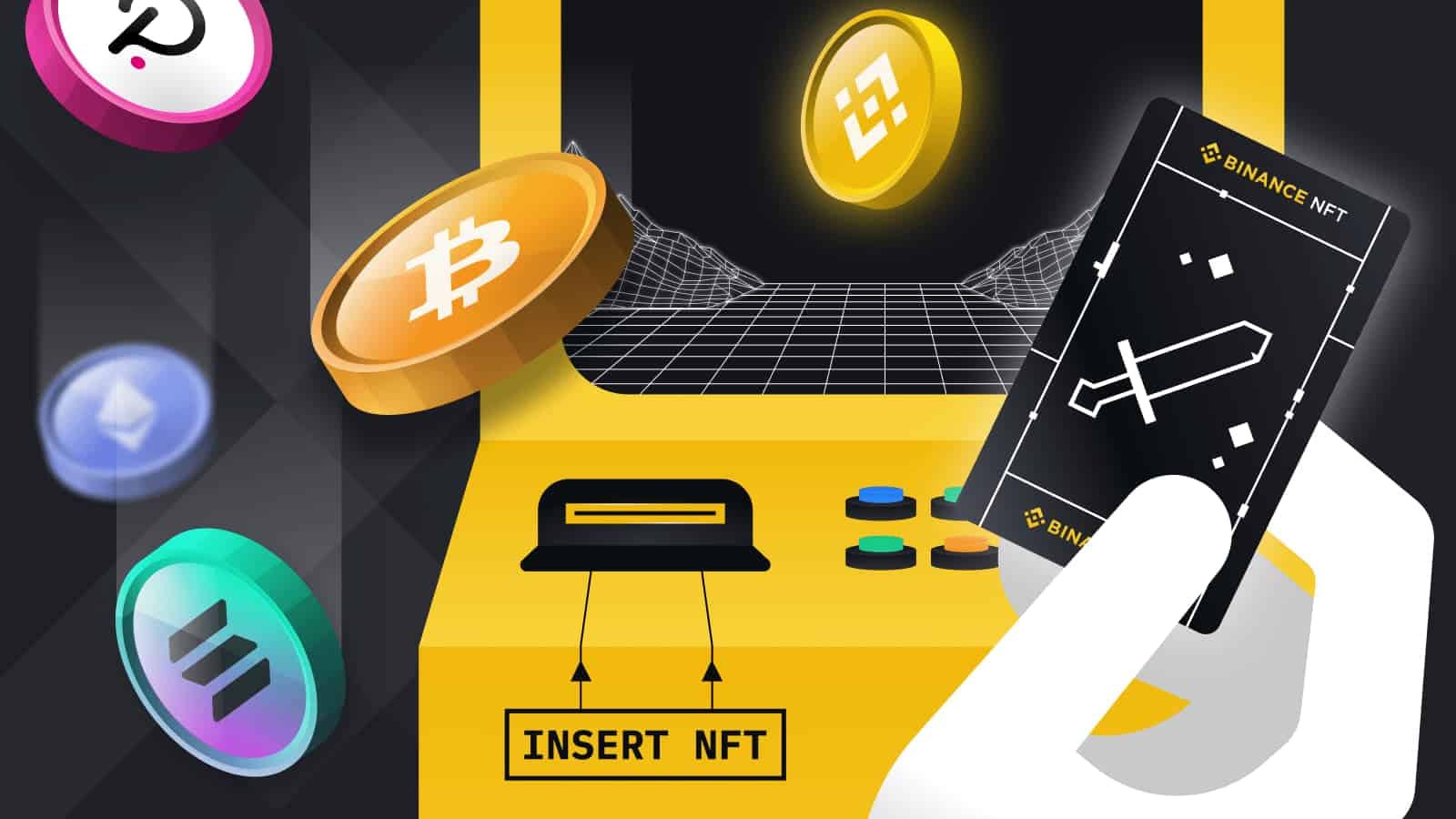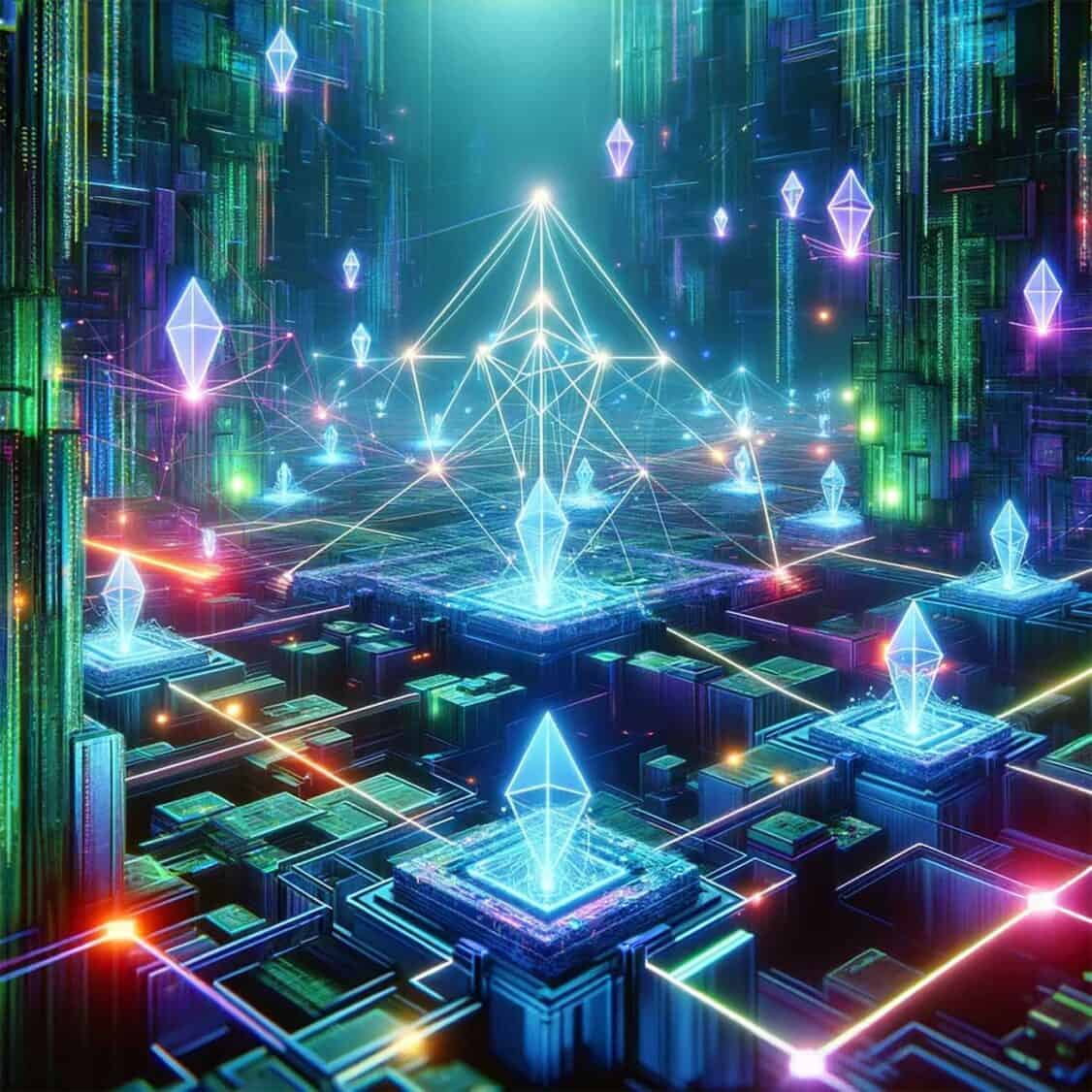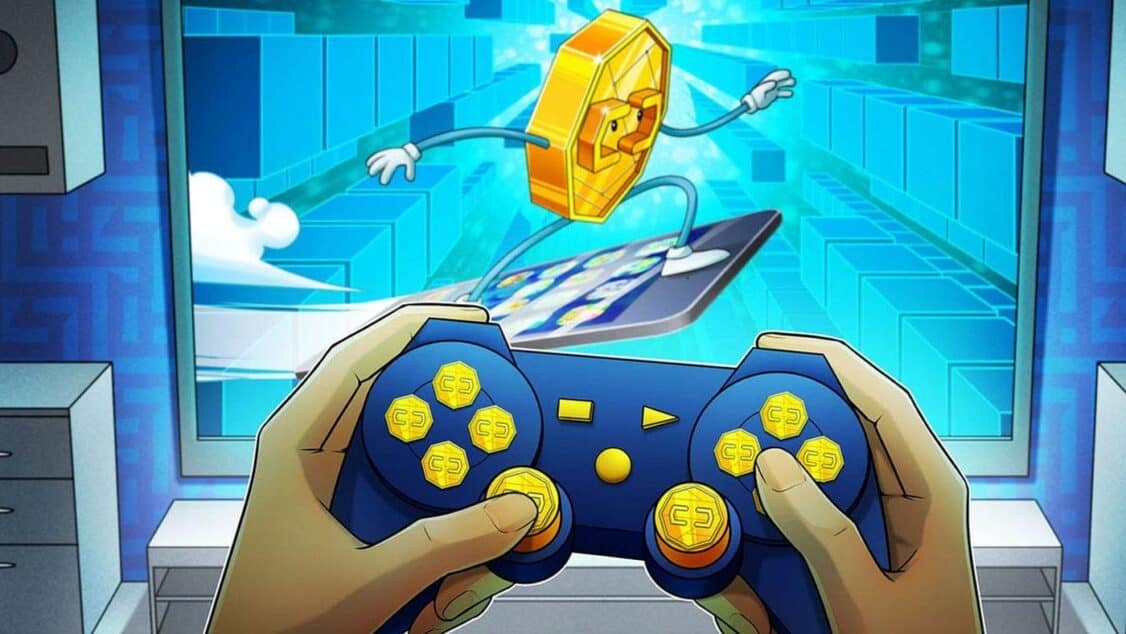
17 May The Significance of Cryptocurrency in the Evolution of NFT Gaming
The gaming landscape is undergoing a seismic shift, driven by the emergence of Non-Fungible Tokens (NFTs) and the underlying technology – cryptocurrency. But before we delve into the exciting world of NFT gaming, let’s establish a clear understanding of these two key players. For more insights into the intersection of cryptocurrency and gaming, visit https://cryptocasinos360.com/no-deposit-bonuses/.
Cryptocurrency: The Digital Currency Revolution
Imagine a form of digital money that exists outside the control of traditional banks or governments. That’s the essence of cryptocurrency. Cryptocurrencies like Bitcoin and Ethereum operate on a decentralized network called blockchain, which ensures secure and transparent transactions. Here’s what makes crypto unique:
- Decentralization: No single entity controls the network, reducing the risk of manipulation.
- Security: Blockchain technology uses cryptography to create a tamper-proof record of transactions.
- Transparency: All transactions are publicly viewable on the blockchain, fostering trust in the system.
NFTs: Unique Digital Assets Take the Stage
Now, let’s meet NFTs – the digital game-changers. Unlike cryptocurrency, which is fungible (one Bitcoin is the same as another), NFTs are one-of-a-kind digital assets. Think of them as unique trading cards or rare in-game items, but existing entirely in the digital realm. Here’s what makes NFTs special:
- Uniqueness: Each NFT is assigned a unique identifier stored on the blockchain, making it irreplaceable and verifiable.
- Ownership: NFTs provide undeniable proof of ownership for digital items, empowering players.
- Programmability: NFTs can be programmed with specific rules and functionalities, opening doors for innovative game design.
Understanding Blockchain and NFTs

The digital world is full of buzzwords, and two of the hottest right now are blockchain and NFTs. But what exactly do they mean? Don’t worry, we’ll break it down for you.
The Unbreakable Chain: All About Blockchain
Imagine a giant, public ledger that everyone can see but no one can tamper with. That’s the essence of blockchain technology. Here’s how it works:
- Blocks: Information is bundled together into blocks, like pages in a ledger.
- Chained Together: These blocks are then chained together chronologically, creating a tamper-proof record.
- Cryptography: Each block is secured with cryptography, a fancy way of saying it’s encrypted and impossible to alter without everyone noticing.
- Decentralized: There’s no central authority controlling the blockchain. Instead, it’s maintained by a network of computers around the world.
Features of NFTs
We’ve established that NFTs (Non-Fungible Tokens) are unique digital assets built on blockchain technology. But what specific features make them so groundbreaking? Let’s dive into the key characteristics that define NFTs:
- Digital Asset: At its core, an NFT represents ownership of something digital. This could be anything from a piece of digital art to a virtual plot of land in a game, a song, or even a tweet. Unlike physical assets, however, NFTs exist solely in the digital realm.
- Uniqueness: This is the hallmark of NFTs. Each NFT is one-of-a-kind, containing a unique identifier stored on the blockchain. This identifier differentiates it from every other NFT, making it irreplaceable and verifiable. Imagine a digital fingerprint for your special digital item.
- Exchangeability (Not Fungibility): Here’s a key distinction to understand. NFTs are not fungible, unlike traditional currencies. Fungibility means one unit is identical to another (a dollar bill is the same as any other dollar bill). NFTs, on the other hand, are exchangeable. They can be traded or sold on NFT marketplaces, but each NFT has its own value based on its unique characteristics and rarity. Think of it like trading cards – you can exchange them, but a rare holographic Charizard will hold more value than a common Bulbasaur.
Benefits of NFT Games
The world of gaming is being reshaped by the emergence of NFT games. These games integrate Non-Fungible Tokens (NFTs) into their core mechanics, creating a new paradigm of ownership, value, and earning potential for players. Here’s how NFT games are transforming the industry:
- Attracting Venture Capital: The innovative nature of NFT games is attracting significant investment from Venture Capital firms.
- Uncrowded Market: Early Mover Advantage
- Scalability for Global Gaming: Blockchain technology, the foundation of NFTs, allows NFT games to be inherently scalable. This means they can accommodate a large player base without compromising performance. This opens doors for truly global gaming experiences, transcending geographical limitations and fostering a more connected gaming community.
- Earning Beyond Playing: Play to Win

Benefits of NFT Games for Users
NFT games are revolutionizing how players interact with the virtual world. By integrating Non-Fungible Tokens (NFTs) into gameplay, they offer a new level of ownership, value, and control for users. Here’s how NFT games empower players:
- True Ownership of In-Game Assets: Forget items disappearing when you stop playing. In NFT games, you truly own the digital assets you acquire, be it a powerful weapon, a unique avatar, or a virtual plot of land.
- Provable Scarcity: Many NFT game items are deliberately limited in quantity. This creates provable scarcity, similar to rare collectible cards in the real world.
- Interoperability: Play and Earn Across Games: Imagine using your hard-earned NFT sword across multiple games!
- Immutability: A Secure and Transparent Record: The power of blockchain technology ensures that your ownership of NFT assets is immutable.
NFTs and the Future of the Crypto Gaming Industry
The integration of Non-Fungible Tokens (NFTs) into gaming is still in its early stages, but it’s already making waves. Let’s take a deep dive into the current landscape and explore the vast potential that lies ahead for NFT gaming:
The NFT Gaming Landscape: A Work in Progress
The current state of NFT gaming can be described as exciting yet nascent. While innovative projects are popping up, there are still challenges to overcome:
- Early Stage: Many NFT games are in their early development stages, with a focus on establishing core mechanics and building communities. This can mean a limited number of polished games available to play.
- Technical Hurdles: Scaling blockchain technology to accommodate a massive player base in some NFT games remains a work in progress. This can lead to issues like slow transaction times and high fees.
- Integration Challenges: Integrating NFTs seamlessly into existing game mechanics is crucial for widespread adoption.
Conclusion
We’ve embarked on a thrilling journey exploring the world of NFT games and the crucial role cryptocurrencies play in this digital revolution. Here’s a recap of our key takeaways:
Crypto: The Fuel for NFT Gaming
Cryptocurrency acts as the lifeblood of NFT games. It facilitates transactions within these games, allowing players to:
- Purchase NFT assets: Cryptocurrencies like Ethereum are used to buy unique in-game items like weapons, avatars, or virtual land represented by NFTs.
- Trade and Sell: Players can sell their earned NFT assets on marketplaces, potentially generating real-world income.
- Play-to-Earn Mechanics: Some games reward players with cryptocurrency for completing tasks, further integrating crypto into the gaming experience.
The Rise of the Crypto-Powered Gamer
The demand for crypto-oriented NFT games is fueled by several factors:
- Ownership and Value: Players crave true ownership of their in-game assets. NFTs provide this, allowing them to build value within the game world and potentially even profit through trading.
- Earning Potential: Play-to-earn mechanics offer players the chance to generate real-world income from their gaming activities, creating a new level of engagement and economic opportunity.
- Innovation and Community: NFT games are pushing the boundaries of game design, fostering innovation and attracting a passionate community of players and developers.


